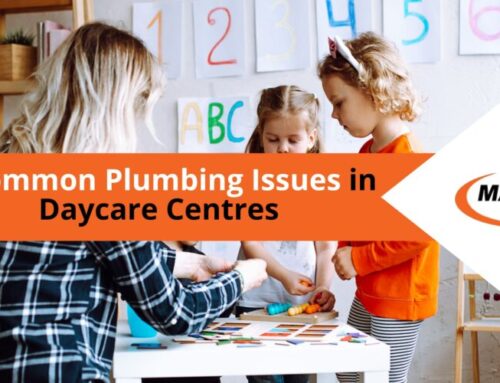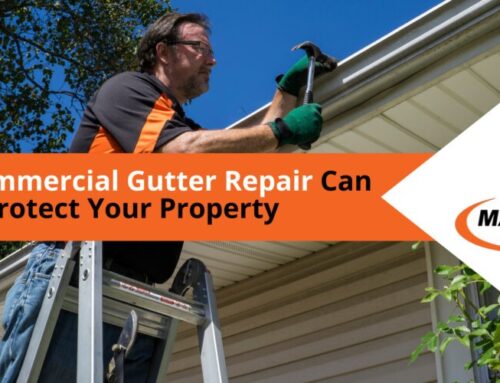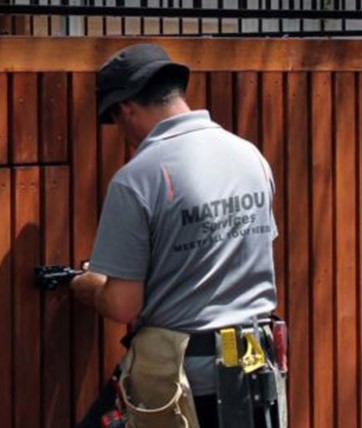7 Reasons why your current maintenance program isn’t working
Maintenance programs are designed to do regular works, checks and servicing to reduce reactive works. Reactive works are those adhoc calls you as a facility manager or operations manager get as a result of not doing regular works.
- There is no set scope of works. It’s important to highlight that if you have a maintenance team that an audit list, known as scope of works or ‘checklist’ is created for them to follow on each visit. Obviously, you will have a separate scope for gardening, then you would for general maintenance or pest control. This brings us to the next tip…
- Having the right scope of works on your property maintenance programme. Having the right scope of works for the property may mean having it customised to your properties maintenance requirement. This can either hinder or enhance the longevity of your facilities assets so make sure it’s right for the service and property.
- Regular checks are not taking place or notarised – in order to have the scope of works, work seamlessly you need to have the checklist, CHECKED OFF. This means any follow-up works that were recorded for further action, “further works”, is recorded and works are delegated to be completed.
- No follow-through on “further works” – this is extremely important, if it’s recommended that further works are required it should be actioned. When this is actioned and how important the task is, is entirely up to you, the facility owner or operator. It’s important to know the consequences of NOT actioning these works immediately before parking it for another month or 10.
- Having the right technician team – your technicians are part of your team so whoever you have onboard needs to be well briefed on how you like things and also have the qualifications and experience to complete works safely and in a timely manner.
- Service is not automatically booked in – the beauty of scheduled services is that it’s automatically booked in with your technicians and you just need to approve the appointment time for that critical “next” service. We say critical as one service is never enough to ensure the lifecycle of an asset is maintained.
- Communication – It’s great when you have an operations manager or facility manager who has scheduled work regularly. But the communication process with the maintenance team and site staff may need to be briefed on what is going on need to be open from the get-go.
If you would like some help managing your facilities services or Adhoc works, talk to your local team on 1300 363 423.








